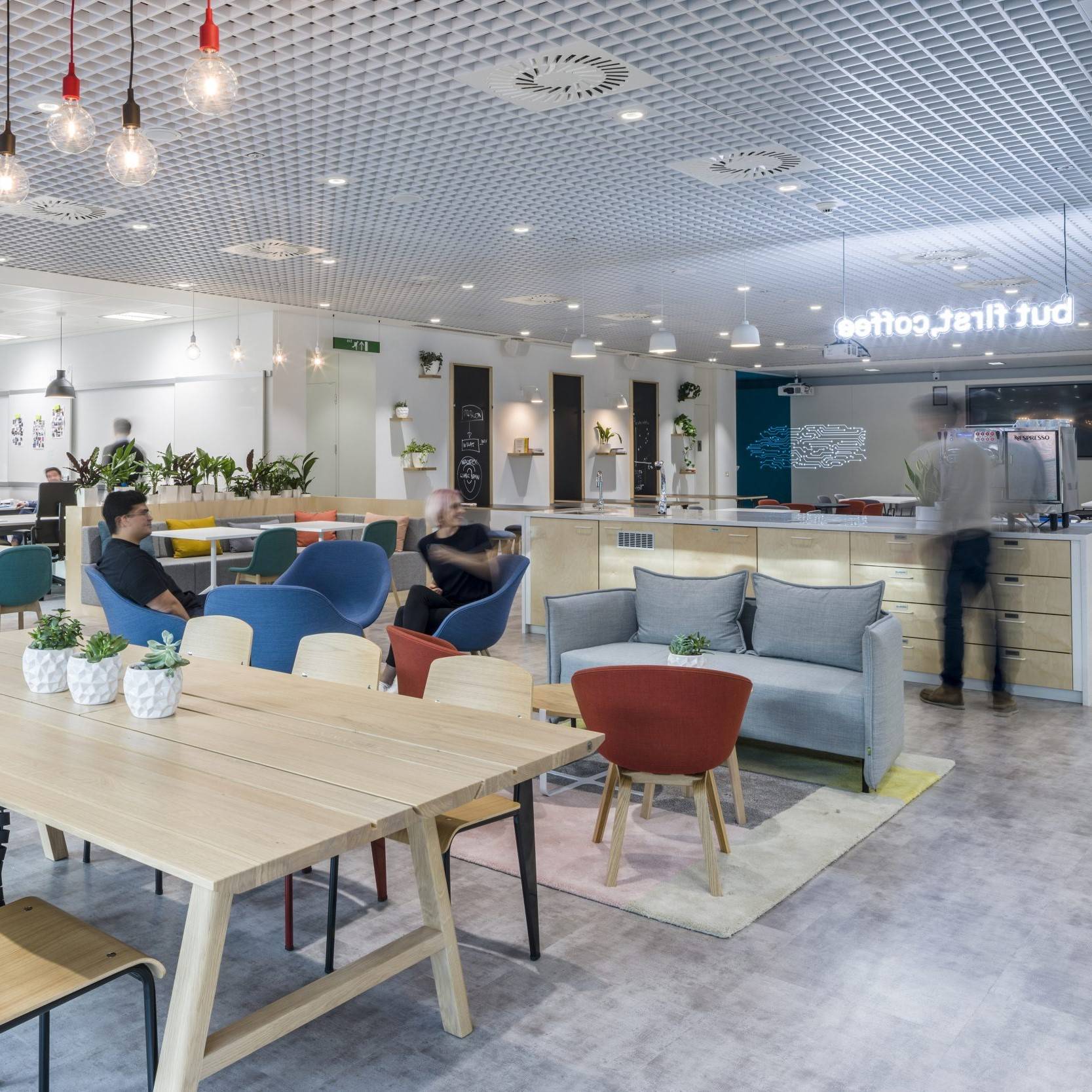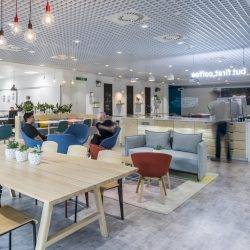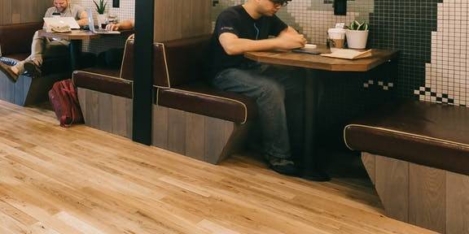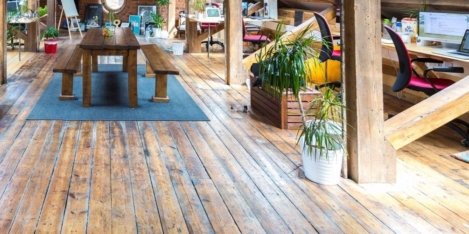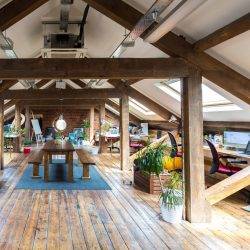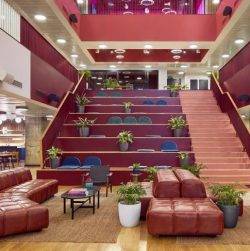June 11, 2018
Prevalent ageist attitudes harm the health and wellbeing of everybody
 A report published by Royal Society for Public Health in partnership with the Calouste Gulbenkian Foundation has revealed the extent of ageist attitudes across the UK, and how they harm the health and wellbeing of everyone in society as we grow older. RSPH is calling for action to tackle inter-generational isolation, end the stigmatisation of older people, and undo the media clichés that keep ageism alive and well. RSPH evaluated ageist attitudes across 12 main areas of life, finding that the public are most ageist about memory loss, appearance, and participation in activities (both physical and community). The report highlights the extent to which old age is viewed by many as a period of decline and ordeal, and calls on stakeholders in the media, government, voluntary sector, and schools to take action to reframe the way our nation views ageing in a more positive light.
A report published by Royal Society for Public Health in partnership with the Calouste Gulbenkian Foundation has revealed the extent of ageist attitudes across the UK, and how they harm the health and wellbeing of everyone in society as we grow older. RSPH is calling for action to tackle inter-generational isolation, end the stigmatisation of older people, and undo the media clichés that keep ageism alive and well. RSPH evaluated ageist attitudes across 12 main areas of life, finding that the public are most ageist about memory loss, appearance, and participation in activities (both physical and community). The report highlights the extent to which old age is viewed by many as a period of decline and ordeal, and calls on stakeholders in the media, government, voluntary sector, and schools to take action to reframe the way our nation views ageing in a more positive light.








